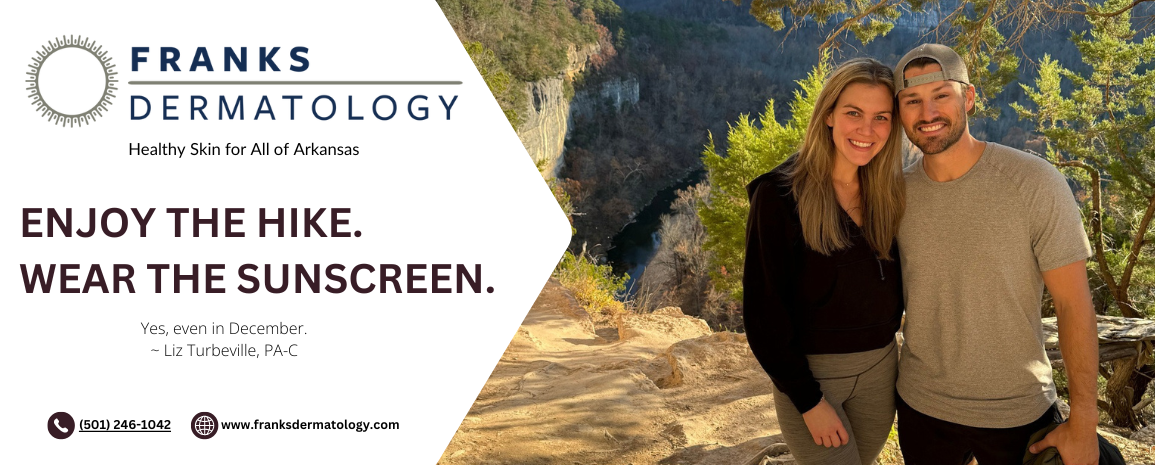Arkansas and other states are dealing with the fallout from a Supreme Court decision in May, which effectively removed federal protections for more than half of wetlands across the country.
The case, Sackett v. EPA, dealt with which waters are protected under the federal Clean Water Act.
James Brandenburg, chair of the Arkansas chapter of Backcountry Hunters and Anglers, said the ruling will have an effect on wildlife since the Natural State is known as the duck hunting capital of the world. Millions of ducks migrate from the Prairie Pothole region in the northern United States and Canada to Arkansas every winter.
“If protections are removed from those waters and they become degraded or developed or whatever, it has a significant impact on a continentwide resource,” Brandenburg emphasized. “The big play here in Arkansas then is it has an impact on duck hunting and goose hunting.”

Brandenburg contended the Clean Water Act was a response to severe water pollution caused by uncontrolled development and unregulated use—however, the recent ruling veers away from the approach, favoring property rights over environmental safeguards.
Brandenburg pointed out that protecting the wetlands is now up to state agencies. He recommended Arkansans voice their concerns and work with lawmakers to hold state agencies accountable and responsible for protections to ensure rules are enforced for the wetlands.
“This is a federal law, so it’d be our members of Congress need to hear from us that this is an important issue,” Brandenburg urged. “What we want from them is to provide clarity about what the law’s intent is, and how it should be implemented.”
According to an opinion piece penned by Arkansas Representatives Rick Crawford, French Hill, Steve Womack, and Bruce Westerman published on November 27, 2020, in the Arkansas Democrat-Gazette, the duck hunting industry has a $70 million economic impact on the state.
He stressed it’s important for Arkansans to be aware of the legal protections for both private property and shared natural resources, adding finding a middle ground between competing interests is essential for safeguarding both.
(Article reprinted with permission from Public News Service)






